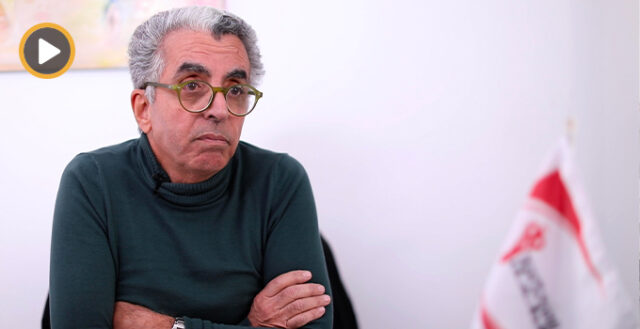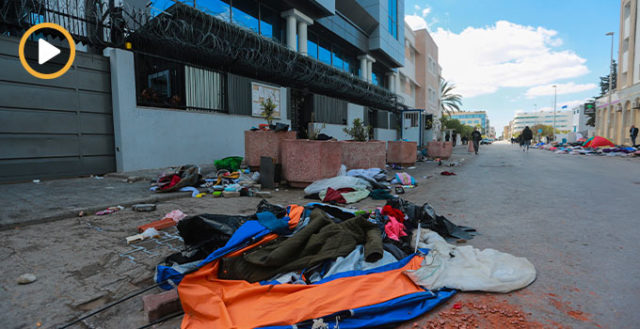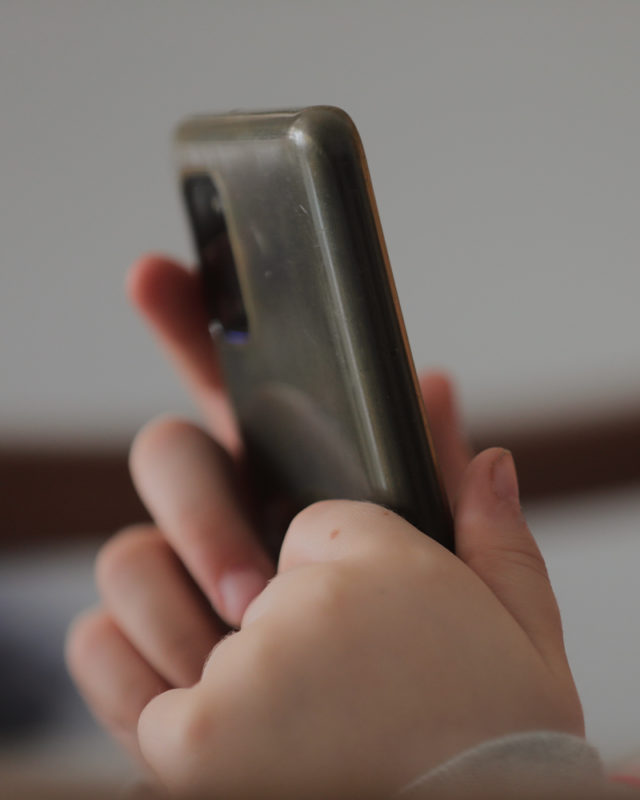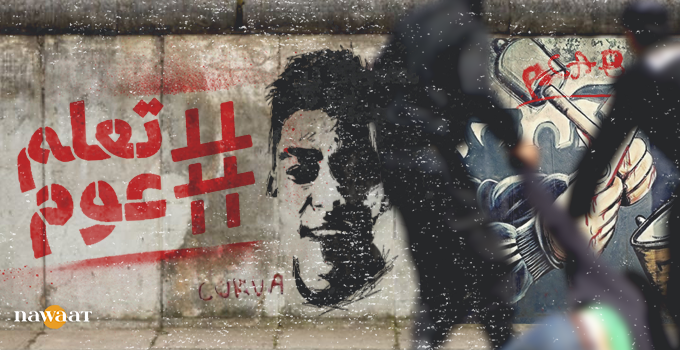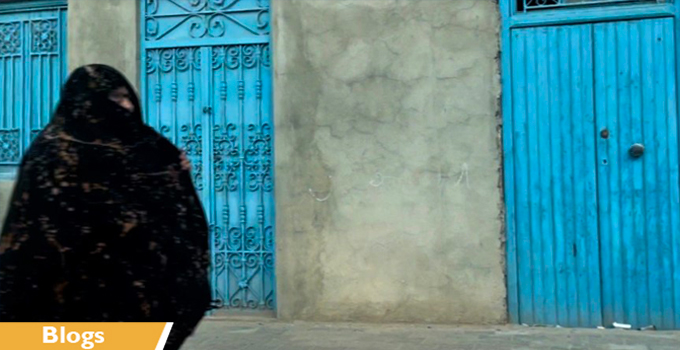Les enfants tunisiens sont vulnérables et exposés à de multiples violences. En témoigne, le dernier rapport des délégués à la protection de l’enfance, publié fin décembre. En 2022, les délégués ont reçu 8 mille 135 signalements d’enfants victimes de violences, contre 7 mille 100 en 2021.Nawaat a interviewé Moez Cherif, le président de l’Association tunisienne de défense des droits de l’enfant pour plus d’éclaircissements sur la situation des enfants en Tunisie.
